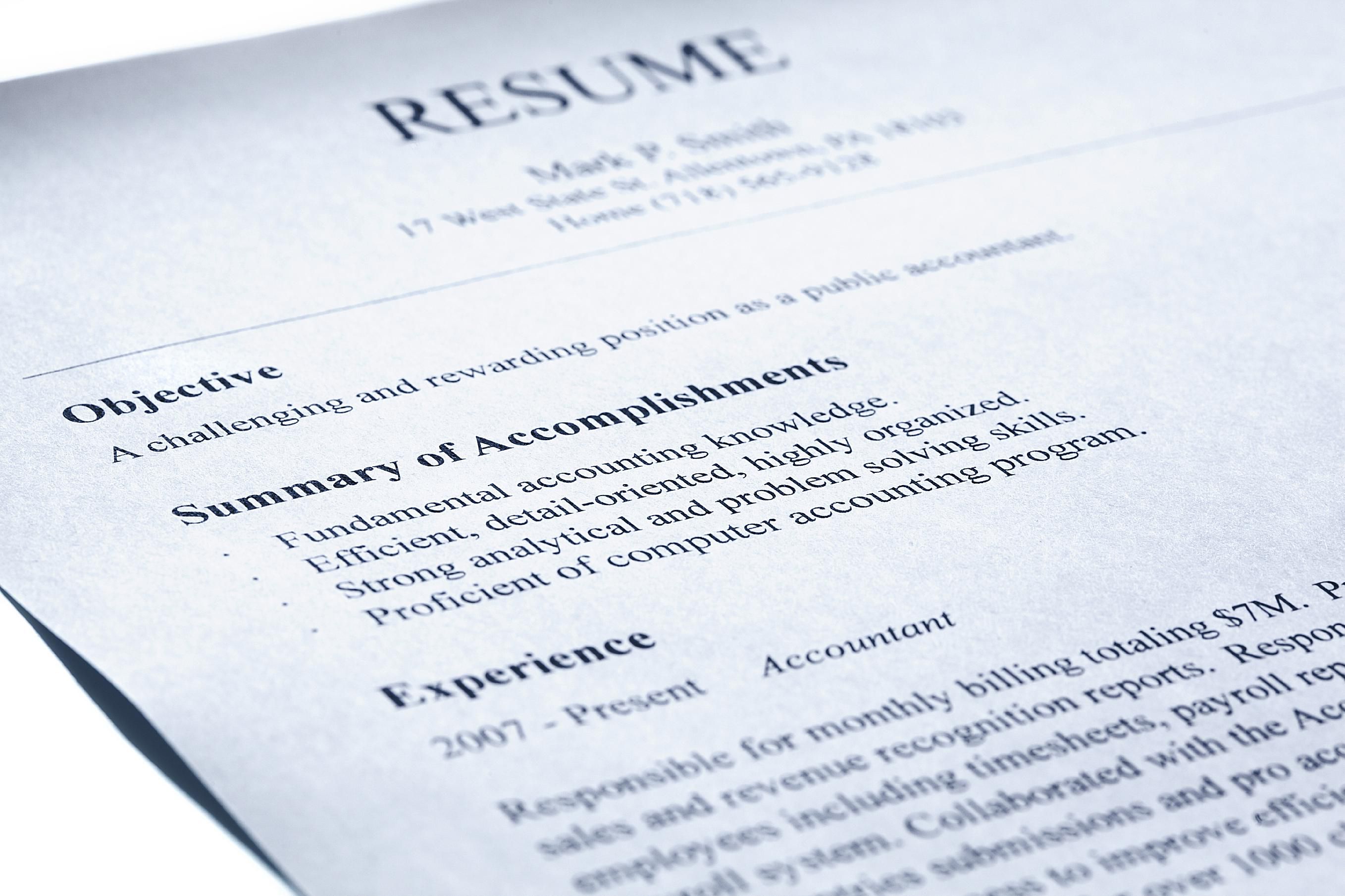
Five Tips for Fixing Your Resume
Do a simple online search about what recruiters are looking for in a resume and you’ll come across site after site explaining that, no matter what the content, it had better catch the recruiter’s eye in six seconds or it won’t matter.
This is nothing new. And it would be impossible to ever hire anyone if this claim was completely true, after all. But it does bring to mind some things job seekers could do to improve their visibility just by running through a checklist before submitting a resume.
- Proofread it! Nothing will stop a recruiter, hiring manager, or HR from reading a resume faster than a glaring spelling or grammatical error. While nobody expects a graphic designer, for instance, to be a wordsmith, easily caught errors in a resume reflect poorly on every candidate—attention to detail is critical, especially in the editorial and media services world.
- Avoid writing your resume in the third person. In fact, avoid using first person as well. Your resume tells a story, and recruiters want that story to come directly from you. A resume written in the third person tells a story written by someone else—even if that person was you. And resumes that use a lot of “I did” and “I was” and “I helped” are redundant.
- Control resume length. We’ve heard it all, from “one-page resumes are perfect” to “my resume should include all of my publications and work history to show how prolific I am, even though it makes my resume 10 pages long.” Generally, recruiters would like to know an applicant’s work history for the past 10 to 15 years. And that work should be at least a little relevant to what you are doing or seeking to do now; if it’s not, it can be always be included in an “other experience” section of the resume. Our advice? If you are a recent graduate, new to the job market, or have less than five years of relevant work experience, do your best to limit your resume to one page. For job seekers with more than five years, do your best to not exceed two pages.
- Omit references. Never include the names and contact information of your references on your resume. Reference checks generally occur at the end of any hiring process, and will be specifically requested by an employer.
- Keep it professional. You should do your best to sell yourself to a prospective employer by highlighting career achievements, work experience, and skill sets. These do not include your age, gender, ethnicity, marital status, religion, photograph, golf handicap, or anything else irrelevant to the job you are interested in.
There’s no such thing as a “perfect” resume. But we hope these tips help you create an easy-to-read, compelling profile that will get you that plum position you’ve been seeking!
Once you’ve composed your resume, check out what we have to offer, and post your resume with us.
Previously written by Matt Gross for the Vector TalentMEDIA team. For more Information about how Vector Talent Resources can help you, contact our talent agents at info@vectortalent.com.
